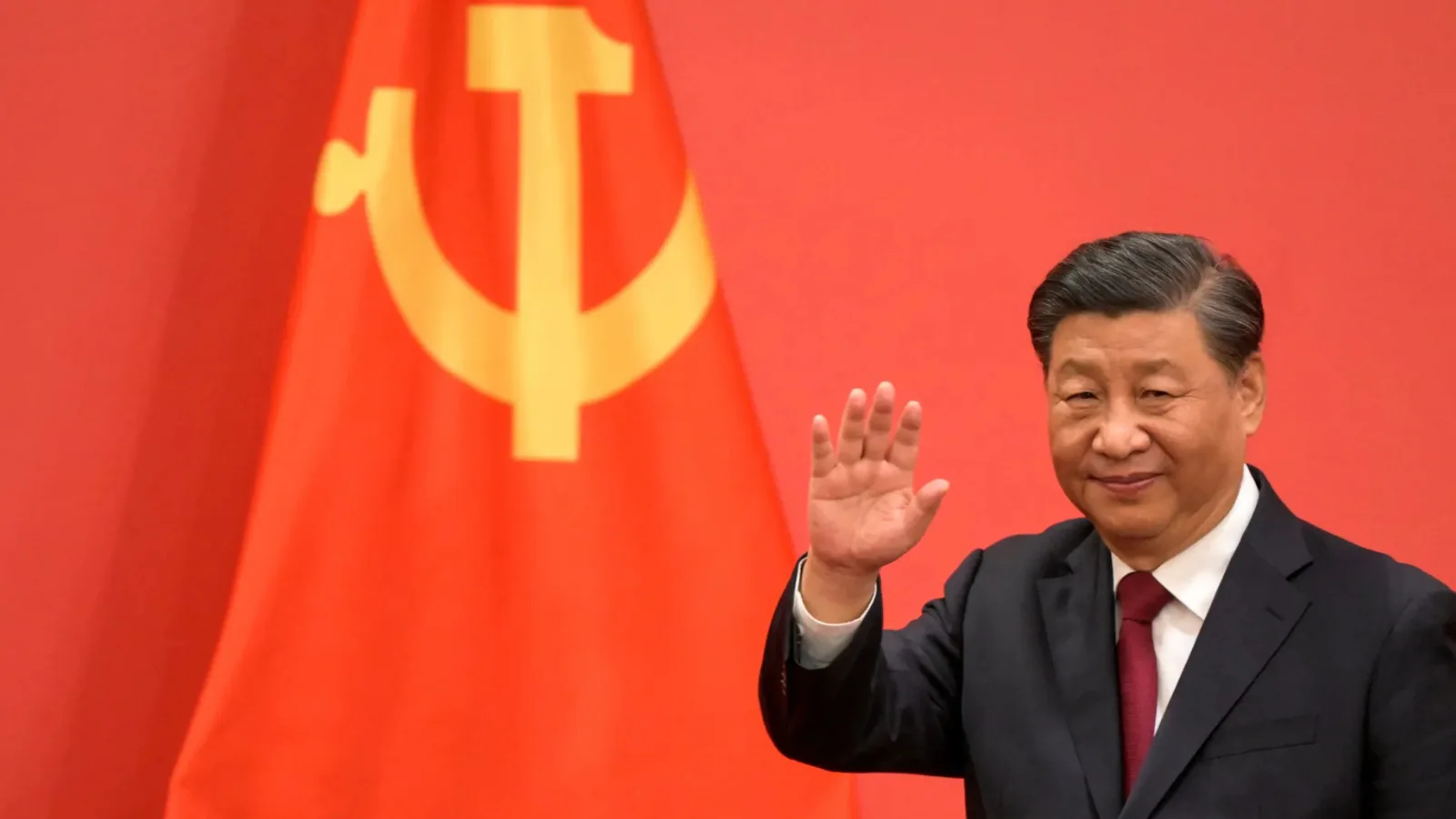Copyright news18

China’s Fourth Plenum took place last month, from October 20 to 23, 2025, in Beijing, to review, deliberate, adopt policies, and implement organisational decisions, and the communiqué that came out recently is signalling continuity, but with sharper edges. Although this is not a dramatic pivot, it is a clear “reset of priorities” moment. In this regard, it is important to note that the sequencing of terms and policy language matters. What it highlights is: industry first, innovation second, and security everywhere. Finance has basically disappeared from the text, and property barely shows up. Analysts believe that the system is being told to “go back to the real economy” and stop chasing intangible leverage and balance sheet games. In China, plenums matter because they are where the CCP Central Committee as a full body sets the “policy direction” for the next phase of the five-year cycle. As per past precedence, each CCP Central Committee usually conducts seven plenums. First is personnel, third is economics, fourth is governance alignment. The communiqué that is released after every plenum are not implementation documents, rather a set of directions and instructions, and a review of what is going right and what needs more attention. Thus, it is high-level signalling – as it is read and analysed by not just Chinese ministries, provinces, but also by academicians and researchers abroad. What stands out this time is that industry is now explicitly described as the “base of modernisation”. Industrial ecosystem, tech innovation, and security have essentially framed the entire plenum. Interestingly, innovation follows industry, and not the other way around. Manufacturing keeps a reasonable share. Furthermore, traditional sectors are to be upgraded, and new sectors are to be cultivated. Services get a quality and efficiency mandate. All of this, as per analysts, is tied to a “modern infrastructure system”. Another noticeable shift is related to demand. The text flips the logic: “use new demand to lead new supply”. The emphasis is rather on the fact that growth has to come from households and human capital, not only from capacity expansion through exports and investments. In this sense, China is signalling that “investing in people” is not a welfare slogan anymore but an economic one. There is also the bigger structural push for the “national unified market” that focuses on breaking local protectionism, harmonising rules, and reducing business friction between local provinces that have been increasingly behaving, in the recent past, like sovereign economies. Beijing using the term “fair competition” basically signals a move from bureaucratic coordination to a more targeted, market coordination. In this scenario, regional differentiation is allowed as long as it does not produce fragmentation. In recent times, innovation and tech self-reliance have become the main strategic anchor in China’s policy ambitions. And in this connect, “new quality productive forces” sits in the centre. Moreover, Beijing treats education, science, and talent as one integrated system, and not three separate lanes. More emphasis is given on original innovation, breakthroughs in core tech, and continued pursuit of technological sovereignty under the “Digital China” umbrella. On social sector, policy stays steady, which means emphasis on common prosperity, quality of life, fulfilment of environmental goals, and security tying the entire structure together. For China, modernisation of “national security” is beyond military, as it includes the realm of institutional resilience. Militarily, the PLA modernisation timeline remains unchanged. However, analysts note, the low attendance and unusually high expulsion count via purges signals unease and uncertainty within the CCP. However, taken together, what this plenum showcases is that this is a new China – trying to become more industrially grounded, technologically self-sufficient, and internally secure. Esha Banerji is presently associated with a premier think-tank in India, specialising in defence, security, and strategic studies. Her research interest and focuses of analysis are defence strategy, geo-economics, foreign affairs, and the implications of Chinese security developments on the region, especially India. Views expressed in the above piece are personal and solely that of the author. They do not necessarily reflect News18’s views.



